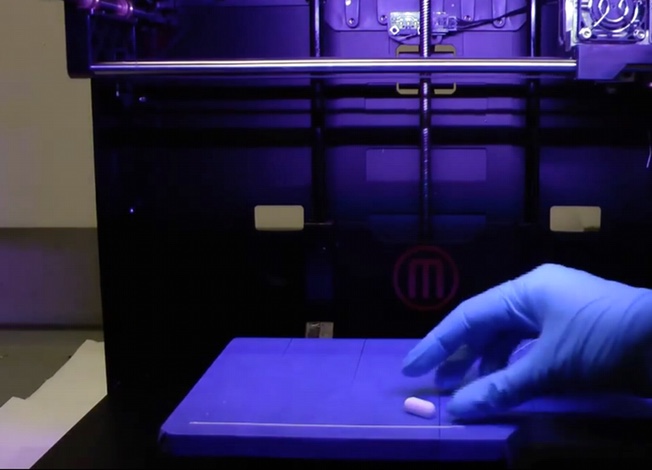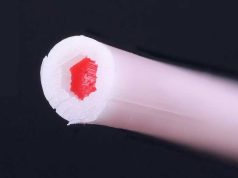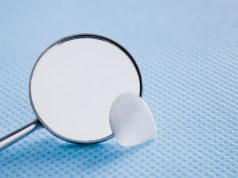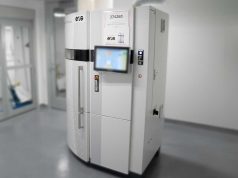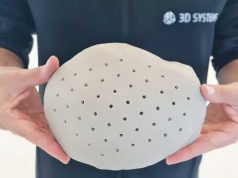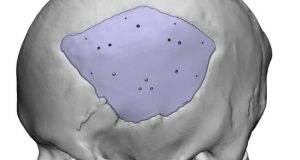Researchers from the University of Central Lancashire (UCLan) have developed a method to 3D print personalised medication.
The team led by Dr. Mohamed Albed Alhnan have created a 3D printer filament consisting of drugs. The so called drug-polymer filament can replace thermoplastic filaments like PLA and ABS on conventional desktop FFF 3D printers. This new technique has already been tested on MakerBot’s Replicator, producing customised theophylline tablets.
The possibility to 3D print drugs on affordable devices could eventually lead to cheaper medication. UCLan hopes for this method to be used by pharmaceutical companies and hospitals within five years. Eventually, the project could allow for patients to 3D print their personalised medication at home.
“Thanks to this technology, the invented system can provide medical institutions with a new option and maintain dosage form properties while accurately adjusting the dose with simple software order, something that was considered before to be costly and required experienced staff and dedicated facilities. Eventually, we hope to see that units can be kept at home for patients who continuously need to change their daily dose.”
Subscribe to our Newsletter
3DPResso is a weekly newsletter that links to the most exciting global stories from the 3D printing and additive manufacturing industry.



